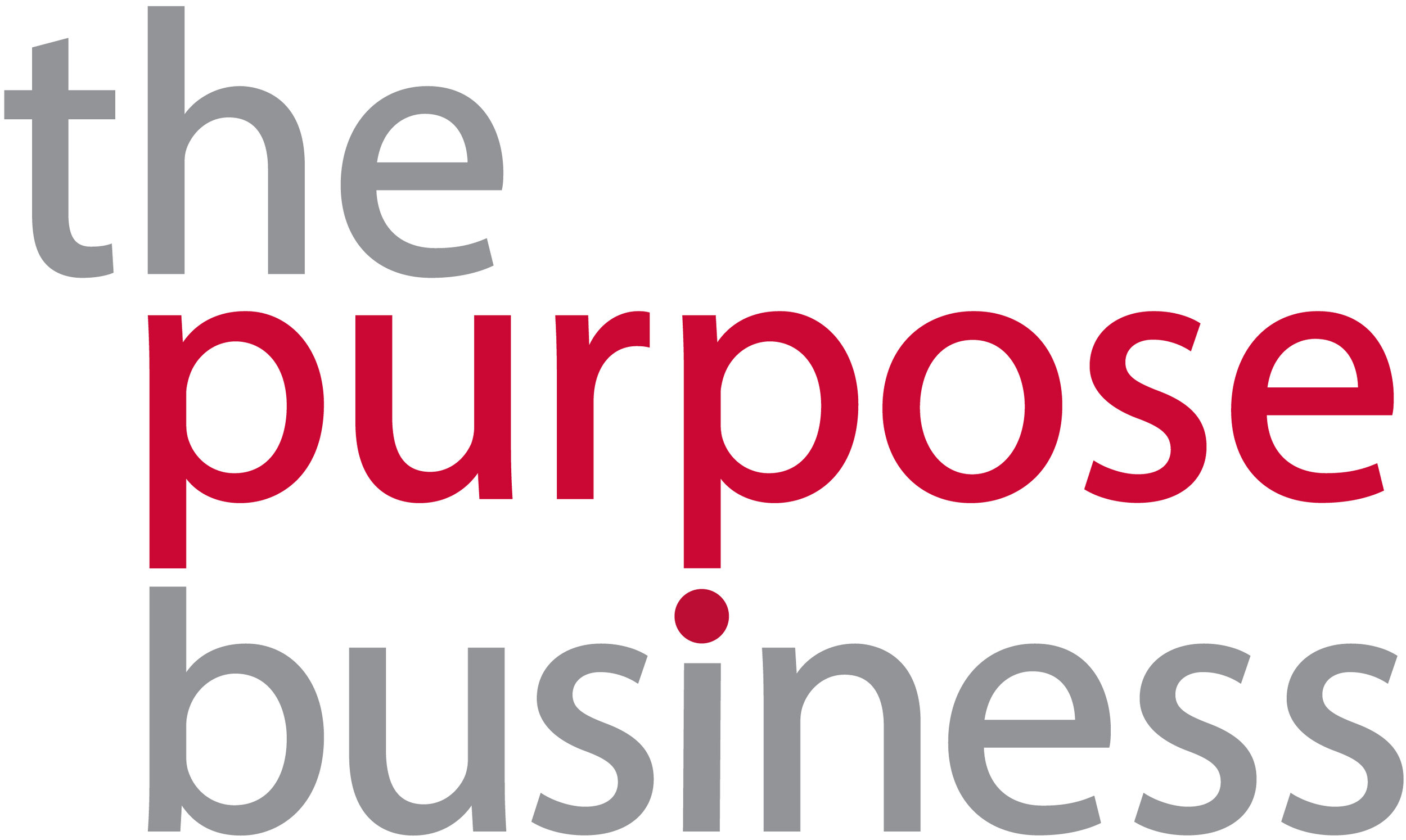Bean counting – community financial literacy
Sustainability Advisor Lenlen Mesina describes how a coffee company is building better supply chains through community development programmes.
When we hear of thriving businesses, often the first thing that comes to mind is the huge income and profits as reflected in their financial reports and included in their business strategies as well as projections. Business development teams working 24/7 on every aspect of sales to ensure transaction volumes, sustaining clients through excellent client relationships, having steady positive cash inflow (finding all possible ways to increase it), managing expenditures through proper resources allocation and mindful about overspending among other things.
Yet, Carmel Laurino, Founder and CEO of Kalsada Coffee has bigger ideas.Kalsada Coffee was set up with the coffee growers as part of their business’ bottom-line. Laurino wants to ensure that farmers are able to benefit from training as well as Kalsada’s capital and machineries investments. She believes that when their community partners do well, the business will also do well, and the company’s pilot financial education programme for their community partners and coffee farmers in Atok, Benguet is testament to this thinking.
Financial management both in a business sense and personal/family aspect is not familiar territory to many of our Filipino farmers,. The majority struggle to make ends meet and often have to borrow money to make sure they have enough until the next harvest period
“Providing farmers with basic training on money management is a step towards supporting them to use and practice simple tools that allow them to be in better control of their finances,” says Laurino.
This exciting pilot will also provide insights into other dynamics and factors that affect their daily lives. “At Kalsada Coffee, we understand that getting to know them more means getting to work with them better,” says Country Director and COO, Tere Domine, who actively works with partner farmers and stays in the community almost the entire duration of the harvest season.
So far the pilot is confirming expectations that looking after the farmers and the suppliers’ welfare is a sound business practice, and a formula for sustainability too – because, when all stakeholder in the business could benefit well from the partnership, it sets up a good foundation for all of them to grow together.
With more and more businesses now trying to seek purpose and profit at the same time, adopting and incorporating meaningful community engagement is good step to take with benefits that include:
– Establishing a good support base for businesses, especially those in the start up phase or commencing new projects, to explore and find ways to work effectively not constricted by inflexible processes. Learning together with the community means an opportunity to adopt and innovate new processes that could work well for both parties.
– Facing challenges together develops new channels – barriers such as limited knowledge on new technology, receptiveness to use methodologies to look after coffee plants, community issues and leadership dynamics are tackled together rather than it becoming a one way problem solving exercise. This opens up new channels to get to know each other, and offer support and assistance on different levels.
– Successes are shared and it truly builds and sets up a stronger community and partnership. When harvest is better than the previous year and coffee sales are up, everyone celebrates!
– Finally, it is proving to be a very good foundation for trust and loyalty to thrive, which is among the important things we value in life and in business too. As one of their community leaders Ate Asthrine said, “Kalsada Coffee enabled me to continue with my family heritage to grow coffee and do it better through the techniques that they teach us along the way. Through their partnership, we get to continue with this family tradition at the same time have higher prices for our produce because of what we continuously learn and apply”.
This project has been enlightening for everyone involved. It brings me to wonder and ask, if all companies looked after the financial welfare of their suppliers and community partners how much good business could there be? More communities thriving and keeping their heritage? More farmers increasing their income and able to support their families better? More children able to go to school because their parents have secured income from their produce? With good business and meaningful partnerships, possibilities for positive changes could be endless!










